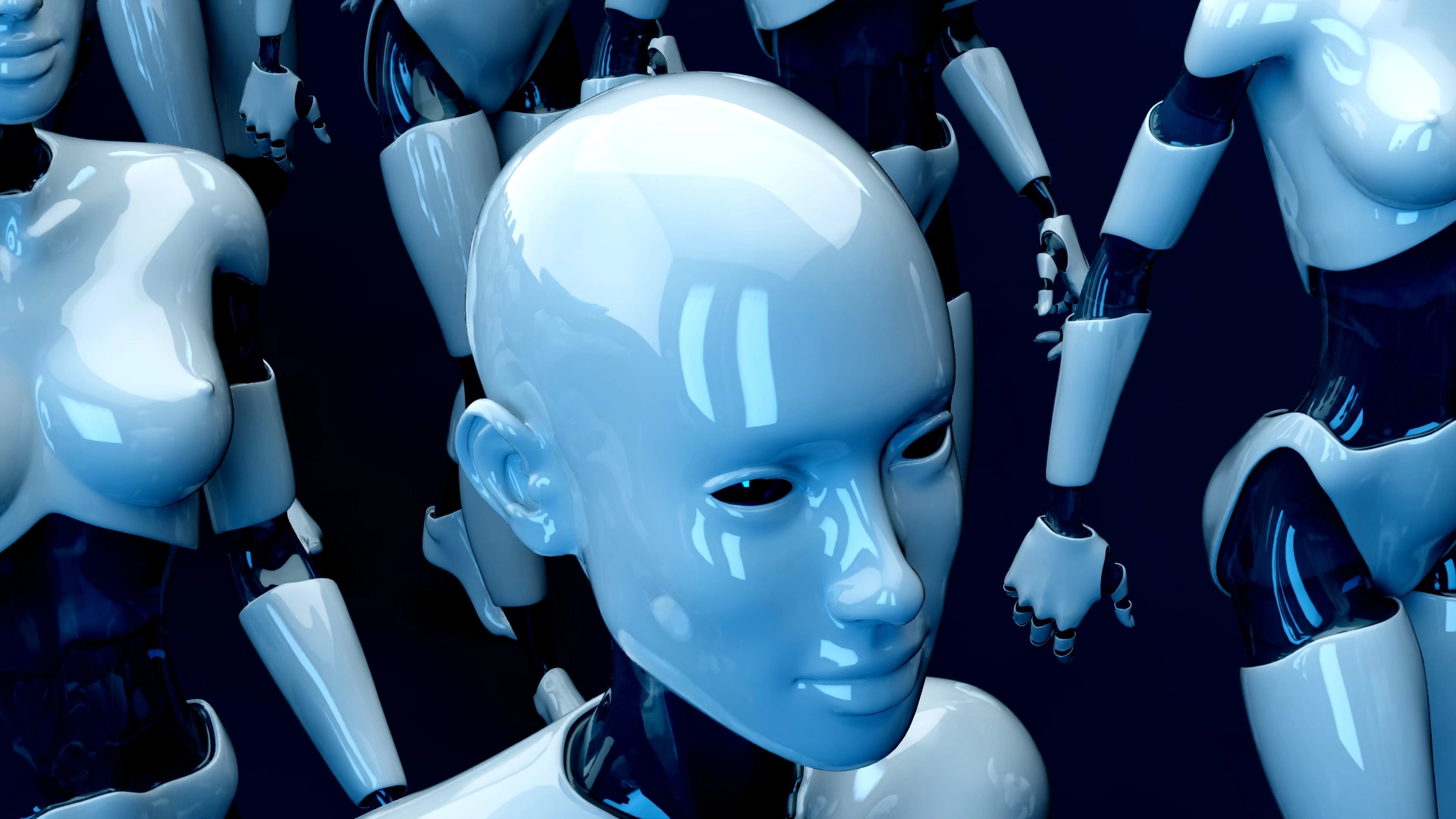Artificial Intelligence in the Education Sector: Opportunities and Challenges
Artificial Intelligence (AI) has long made its way into the education sector, and it is expected to fundamentally change teaching and learning processes. But what are the possibilities for AI in education? And what challenges does this trend bring?
Introduction of AI in Education
The application of AI in education is based on a wide range of technologies, such as personalized learning systems or automated application tools. The promise of these applications: to make learning processes more efficient and individualized. Thanks to data-driven approaches and machine learning, educational institutions should be able to better understand and consider the needs of each individual student.
Personalized Learning Experiences
One of the key benefits of AI in education is the ability to create personalized learning experiences. Algorithms can adapt learning content to the knowledge level and learning pace of each student. This makes learning more efficient and motivating. For example, AI-supported platforms can monitor the progress of all students in detail. This allows for individual learning paths to be adjusted accordingly and knowledge gaps to be targeted.
More Time for Students
By using AI in education, teachers can significantly streamline their work. Time can be saved, among other things, with automated assessment systems that quickly and objectively assess learning progress based on routine tests and tasks. AI tools can also help optimize lesson plans and adjust teaching materials based on students’ performance data. This gives teachers valuable freedom to focus more intensively on conveying complex concepts and providing personal support to students.
Accessibility and Inclusion
AI technologies have the potential to make education more accessible and inclusive. Speech recognition and translation tools can overcome language barriers and unlock learning content for non-native speakers. Similarly, applications for students with special learning needs can provide tailored support. Thus, AI can contribute to a more equitable educational landscape.
Challenges and Ethical Considerations
Despite the potential benefits of AI, its use in education also brings specific challenges. Foremost among these are discussions about data protection and the security of student data. Additionally, potential biases in AI algorithms could lead to unfair treatment of individual students. In order to truly seize the opportunities of AI technology and minimize risks, teachers must be adequately trained.
Conclusion
AI in education offers exciting development possibilities, but also serious challenges. It has the potential to personalize learning experiences and make education more accessible and fair. However, issues such as data protection, ethics, and teacher training must not be overlooked. The future of education could experience a significant change through AI, ideally in a thoughtful and responsible manner.


 Photo by Steve Johnson on Unsplash
Photo by Steve Johnson on Unsplash